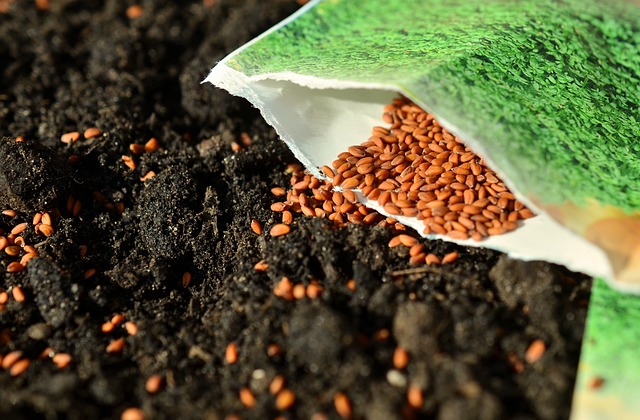
10 May God’s Mission Involves the Sowing and Planting of God’s Narratives
Luke 13:20-21 “To what shall I compare the kingdom of God? It is like leaven that a woman took and hid in three measures of flour until it was all leavened.”
A big part of God’s mission involves the planting of biblical narratives into the hearts of people – narratives of hope, redemption, forgiveness, and God’s purposes. Once embraced, God’s narratives are extremely powerful because all of us live and respond to circumstances based on narratives that we believe are true, and of what the future can unfold or should unfold. Conversely, negative narratives are extremely destructive.
A few weeks ago, Sister Shu (name and exact details here are modified to protect her identity) vividly reminded me about the positive impact of biblical narratives that are personally embraced. Sister Shu comes from a remote village in a South-East Asian country, belonging to an ethnic group that is classified as “unreached” by the Gospel.
Some thirty years ago, through a syndicate, she was sold as a teenage-bride to a man in China, thousands of kilometres from her homeland. I can imagine the trauma – being young and married to a man that you only met through marriage, not knowing the local language, cut off from friends and family, and needing to adapt to life in a modern Chinese city.
But survive she did. Somewhere along the way, she and her family encountered Christ and the seeds of God’s bigger narrative were planted into her heart. Now thirty years later, her son an adult, Sister Shu and her Chinese husband decided to return to her village – with the expressed purpose of sharing the Gospel of Christ to her relatives and planting a church amongst her people. She is now part of a cohort in a leadership and church-planting training program facilitated by AsiaCMS.
In her spiritual journey, she embraced a biblical narrative that tells of God’s greater purposes in adverse circumstances; circumstances normally associated with sufferings, hopelessness and bare survival. On the other end of the spectrum, the recent Easter suicide bombings in Sri Lanka is the unleashing of destructive narratives. What are the narratives embraced by the bombers about our world, about who God is, and what the future holds, motivating them to sacrifice their own lives?
They are surely not unaware of the repercussions – not just in the immediate loss of lives through the bombings, but also the possible consequences upon their own loved ones and relatives. This is in addition to the other hosts of ripple effects – the grief on all sides affected, the inter-communal disharmony and instability, etc.(https://www.theguardian.com/world/2019/apr/27/sri-lanka-20-killed-as-police-raid-suspected-bomber-hideout).
Thus, Christians have the great responsibility to present God’s counter-narrative in a world of multiple narratives, some of which can be highly destructive. On a positive note, a Muslim group in Malaysia graciously chose to attend a church in a show of solidarity on the Sunday immediately following Easter. The leader of the group commented, “that he was touched when he heard the message from the pulpit about forgiveness, which included forgiving the perpetrators of the Sri Lanka bombings.”(https://www.themalaysianinsight.com/s/150817)
Presenting God’s counter-narrative opens the doors for the righteousness, peace and joy (Rom.14:17) that characterises God’s Kingdom. As Christians intentionally live in the light of God’s larger narrative, we are actually participating in His mission – planting seeds for God’s redemptive stories through how we live, and how we respond to tough circumstances.
We also plant seeds of His redemptive narrative through what we say and do – our prayers, the encouragement that we provide and the intentional sowing of our financial resources.
Peace and Grace,
Rev. Chan NamChen (PhD)
Executive Director

